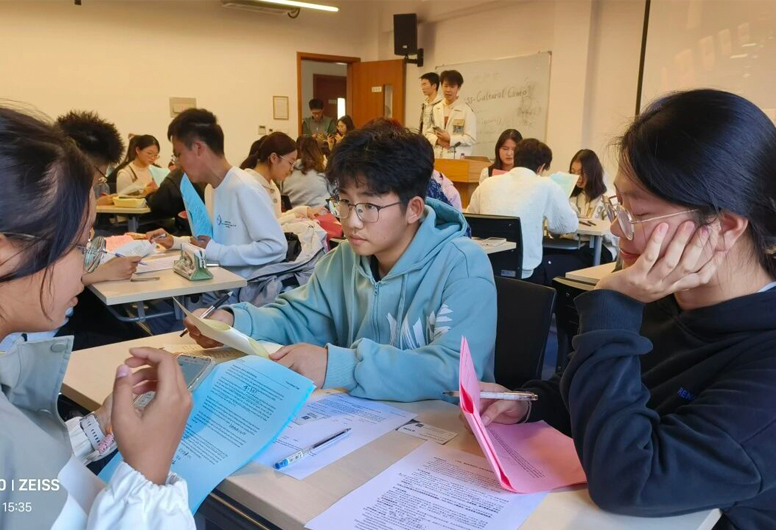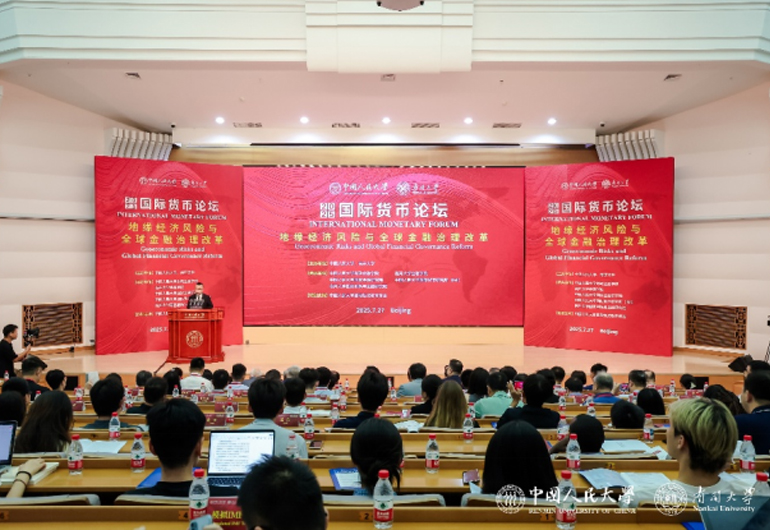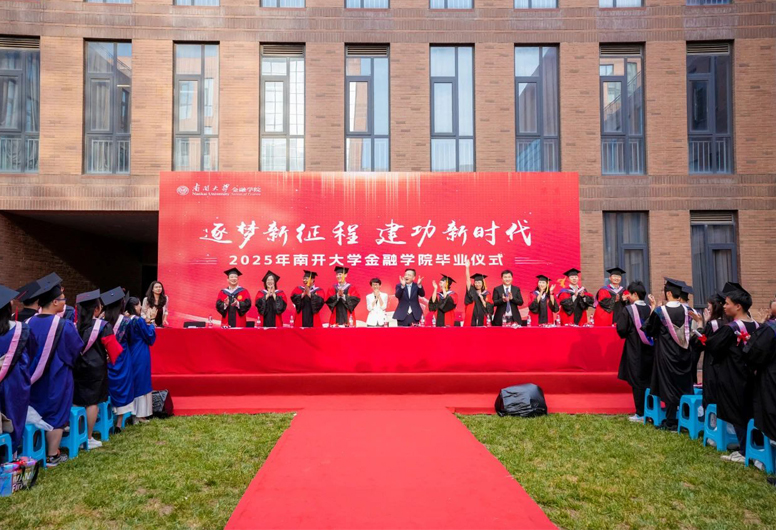Advance Notice: the Third Session of Noon Sunshine-Young Scholars Seminar (the Spring in 2022)
“Noon Sunshine-Young Scholars Seminar” is a regular academic exchange platform held by School of Finance. It aims to offer valuable occasions of communications among scholars in our college, between teachers and students, the domestic and the oversea. In this semester, we keep our original intention, and set off for a new voyage. We will devote ourselves to fostering an academic atmosphere in the college, and promoting the academic level for both teachers and students.
The third session of “Noon Sunshine-Young Scholars Seminar” for the Spring Semester in 2022 is arranged as follows:
1) Lecture Topic
Pandemic Induced Preference Switching and Wage Inequality
2) Keynote Speaker: Chen Xiaowei
Associate professor in School of Finance, Nankai University. His research field covers actuarial science and dynamic economic theory.
3) Commentator: Li Xiangliang
Assistant professor in School of Finance, Nankai University, Ph.D. in Economics of Yale University. His research field covers game theory (cooperative and non-cooperative), mechanism design, and international trade.
4) Date
Firday, April 17th, 2022
5) Time
12:00-13:00
6) Tencent Meeting Code
139-979-435

Abstract
The COVID-19 pandemic has accelerated the switch to E-commerce and widened wage inequality between the online and offline sectors. Motivated by these observations and based on the workhorse SIR model, this paper develops a framework with online and offline sectors and examines how lockdown policy affects the consumer's purchasing behavior and wage inequality between the online and offline sector. We analyze the above problem in a framework of general equilibrium. Another insight we provide for this arena is the substantial nexus between industrial structure and the critical index we mentioned above. Different industry organizations can give rise to distinct outcomes for the whole economy. This model dictates the crowding effect of online relative to offline part. When the industrial structure difference becomes larger, the degree of inequality will increase significantly because of the increased wage gap.









